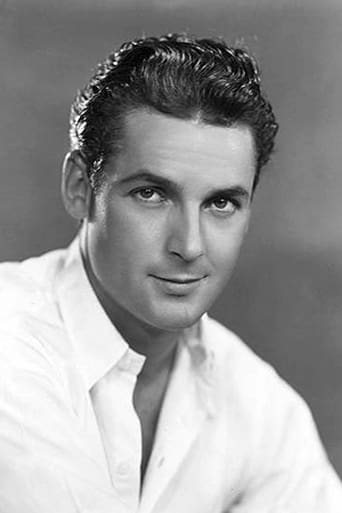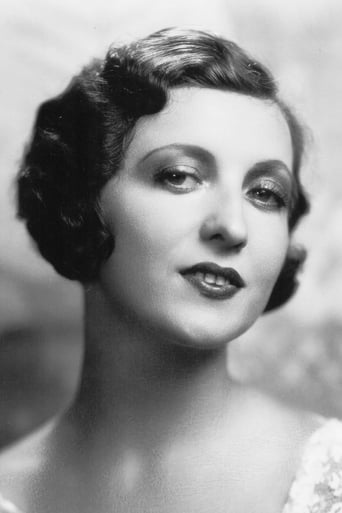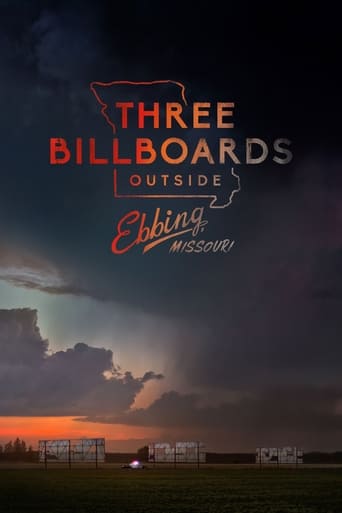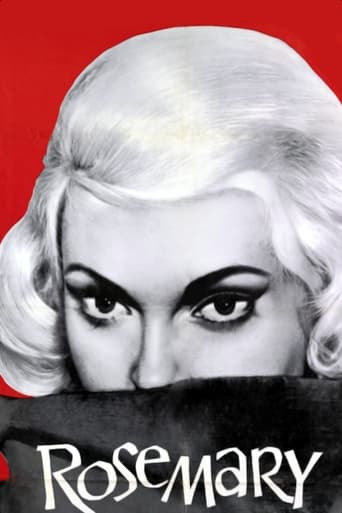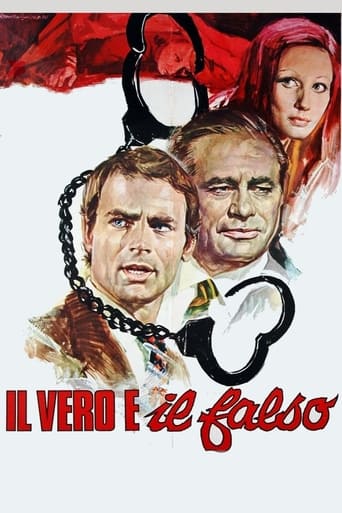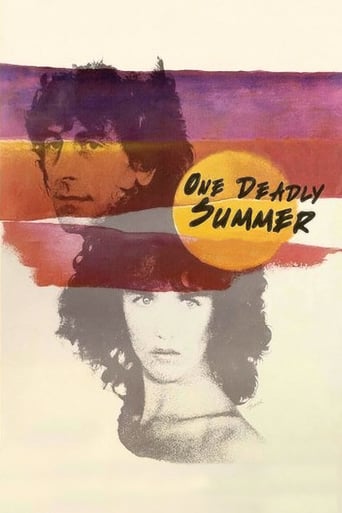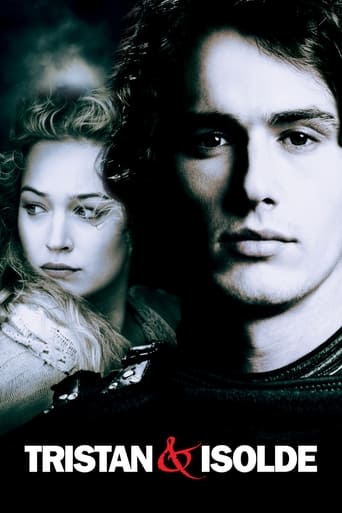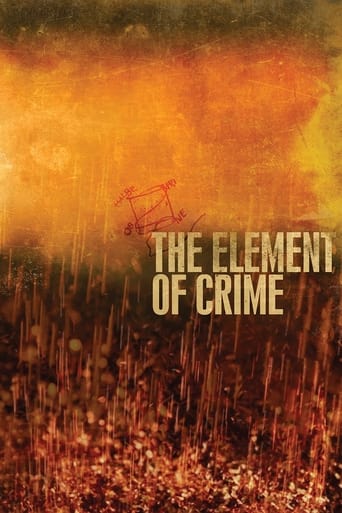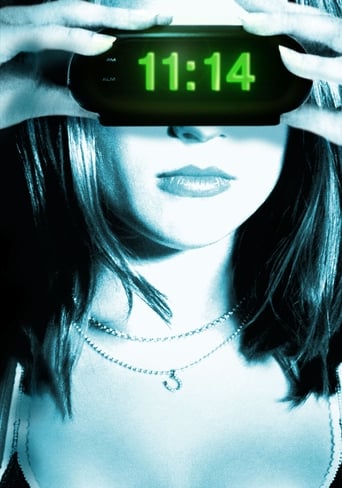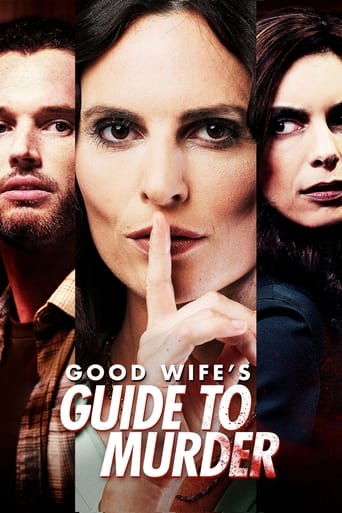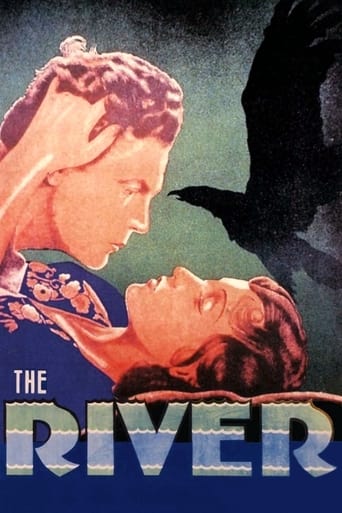
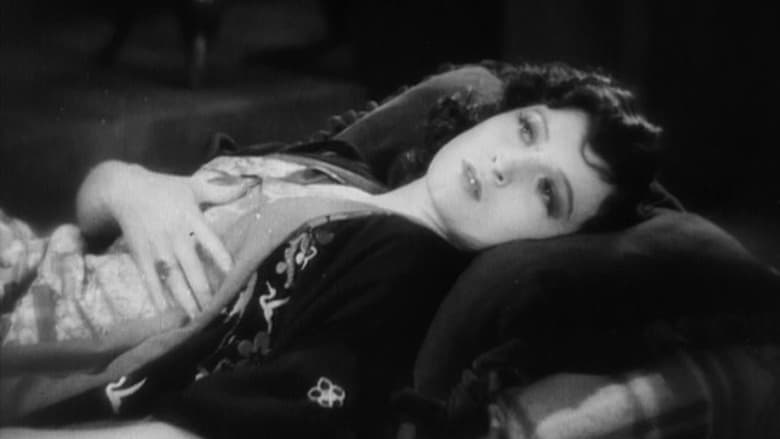
The River (1929)
Passion carried an innocent boy and a worldly woman beyond the barriers of conscience.
Watch Trailer
Cast
Similar titles
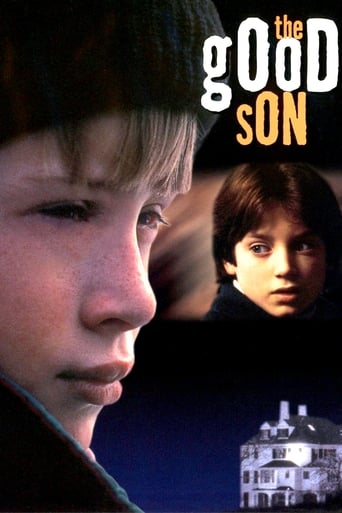
Reviews
Just what I expected
This is a coming of age storyline that you've seen in one form or another for decades. It takes a truly unique voice to make yet another one worth watching.
It’s fine. It's literally the definition of a fine movie. You’ve seen it before, you know every beat and outcome before the characters even do. Only question is how much escapism you’re looking for.
By the time the dramatic fireworks start popping off, each one feels earned.
In addition to "7th Heaven" (1927), Frank Borzage also directed Charles Farrell in the 1929 part-talkie, "The River". Alas, none of the talking sequences survive. The opening and end reels are also missing, so what we have today is an erotic love story between Farrell and the super-sensuous Mary Duncan (star of "City Girl") in which the noirish elements always threaten to take center stage. The characters – naïve, weird, self-indulgent, traitorous – are all assembled, the background in all its super-extensive man-made squalor and stark, natural beauty is expertly drawn; but the original idyllic introduction and the power of the climax can now only be assumed. (The surviving footage is available on a 6/10 Fox DVD as a bonus with "7th Heaven". It's a nice bonus, but it also makes us sad that the rest of the movie is gone forever).
I should clarify that 'The River (1929)' today exists only in an incomplete form, with about forty minutes of footage considered lost, including the opening and final acts. Nevertheless, a 2006 reconstruction runs for 55 minutes and fills in narrative gaps with intertitles and promotional stills. Importantly, the surviving footage pretty much depicts in its entirety the romance of Allen John (Charles Farrell) and Rosalee (Mary Duncan), which is the backbone of the story.I originally heard 'The River' described as the most erotic film of the silent era, so I naturally said to myself, "that piece of information has absolutely no bearing on my interest in this film." In fact, it isn't as described (something like 'Erotikon (1929)' would probably be closer to the mark), though leading actress Mary Duncan certainly does sultry very well. Farrell's traditional co-star was Janet Gaynor, but I can see why the switch was made here. Gaynor was always the epitome of feminine innocence and fragility; this role requires an actress with a hard crust, someone along the lines of Marlene Dietrich.Most of 'The River' unfolds in an isolated valley, where the construction of a dam has been temporarily postponed. All the workers leave for the winter, except for Rosalee, whose boyfriend has been arrested for murder, and Allen John, who misses the last train because he keeps getting distracted by the womanly presence. The small cast, and confined surroundings, thus breed an element of intimacy (though I can't recall so much as a kiss between the two lovers). Nobody did melodrama like Borzage, and this here is beautifully-shot melodrama.
Frank Borzage was known for directing romantic, sentimental films throughout his career. The River is an usual testosterone-filled romance with boyish Charles Farrell trying to romance woman of the world Mary Duncan. Duncan initially rejects Farrell, but grows more fond of him as time goes by (unwilling to admit it to herself until it's almost too late, literally). In the way of romance is an ex-con named Marsdon. The film has been reconstructed using the script along with stills in key spots where actual footage is lost; will the footage ever be found? Who can say? Farrell plays it rugged and Duncan plays the unusual (for the time) role of leading the romance ahead. Director Borzage uses the motif of firewood to stir the embers of romance. Without the missing scenes, the film possibly becomes more erotic than intended. The regretful Mary Duncan in one scene lies on top of Farrell to transfer her much needed body warmth to him. It's a certain indication that this is a Pre-Hays Code film. **1/2 of 4 stars.
One cannot be satisfied with this film in its current form; reduced to 45 minutes, deprived of the beginning of the plot and of its end, it will always be frustrating until a print resurfaces which might take us through the missing footage. And yet... miraculously, the scenes preserved are (probably, one has to be cautious) the highlights of the films, the moments which Frank Borzage has taken special care to shoot, and probably those which really interested him: the conscious, blatant seduction of Allen John by Rosalee, her resorting to her own sex appeal to convince him to sleep with her(Put your hand on my heart, Allen John); the meeting between a brooding Rosalee and a naked, swimming Allen John, foreshadowing the much-commented-upon climax of the present version: Rosalee saves Allen John from freezing to death by offering him her warmth: she covers his naked body with her(silk-gowned) shapes, and revives him instantly. Funnily, this sequence has always been the basis for fantasy on the part of French historians after George Sadoul, who saw it in 1929, reported that Mary Duncan was naked. Contrary to other classics from Borzage's late 20s Fox period, this does not feature Janet Gaynor, but the duet Farrell/Duncan: hence a more frankly sensual relationship, which the short version emphasizes by actually eliminating all the other aspects of the plot. Borzage uses Duncan very effectively, by stressing the contrast between her experienced personality and the more childish, naive enthusiasm of Charles Farrell's Allen John. The moment when Rosalee welcomes him home in a winter night, only to find him taking a board game and proposing "entertainment", and the ensuing gesture of Rosalee, sweeping of the board with her hand clearly expecting Allen John to invite her to more entertaining situations, could have been plain ridiculous; but the frank gaze of the actress, the way she lets herself go on the bed, and the sudden realization by Farrell of the situation he is in(He trembles, mouth open , eyes fixed on the woman in front of him; What can he do? What is she doing? Farrell is brilliant here.), all make for a very memorable scene. As usual with Frank Borzage, once they have been together for a few days, a man and a woman actually discover how attracted to each other they've grown. The sensual, or sexual tension is part of Borzage's treatment of a love affair, one that goes beyond reason. But here, contrary to Seventh Heaven or A Man's Castle, the woman leads, with authority. Duncan was the antithesis of Gaynor in that matter. So, until we discover more from this film, with or without sound(It was issued as a part-talkie. None of the sound scenes survive.), this almost entirely satisfactory sketch of seduction by the man who gave us Seventh Heaven, Lucky Star or The Mortal storm is worth unlimited, repeated viewing.
